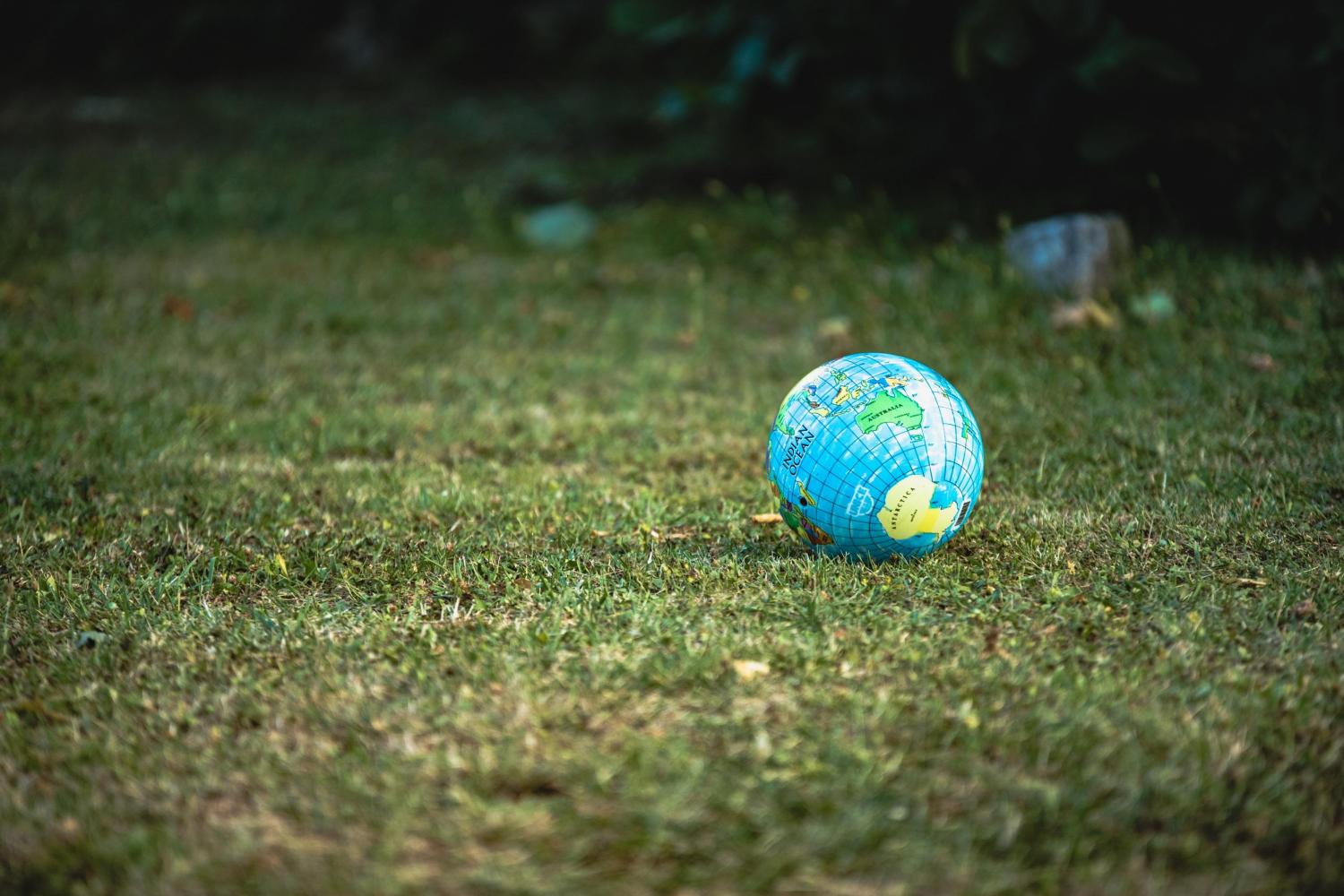
As far as environmental progress in 2020 goes, the story is more circuitous than what 2019 leaders, CEOs and advocates may have imagined. We all know the coronavirus pandemic threw a wrench in daily strides toward sustainability such as recycling and single-use plastic use. Simultaneously, though, wildfires in Australia and the western United States were among the leading environmental stories pulling the urgency of climate action to the fore. The pandemic itself reminded nations and corporations of the import of global coordinated action, and the unfortunate absence of such needed systems of cooperation.
Despite some setbacks, it is possible to make a highlight reel of environmental progress for 2020. In the face of attempts by industries such as the airlines to step away from environmental commitments earlier in the year, some corporations have stepped into innovative advancements toward a circular economy. Switzerland made strides toward holding corporations responsible for their supply chains, even as the U.S. federal government rolled back environmental protections. And though the world has had to grapple with hurdles like increased deforestation, the sustainable agriculture and recycling industries persist toward better futures.
This year’s top environmental stories on TriplePundit reflect some of the greatest highs and the lowest lows. As we enter 2021, let’s review these peaks and valleys, not to dwell in the past, but to build to new heights, knowing now that we can achieve environmental gains even through the direst of crises.
It’s the End of Recycling as We Know It
While recycling systems were breaking down at the beginning of the pandemic, with workers staying at home and cities pausing curbside pickup, Tina Casey brought us the cutting edge innovations pushing the recycling industry into a new era — from recycling mixed paper to create reclaimed hydrogen to making rubber from industrial waste to transforming foam into durable and moldable plastic. The future of recycling may be unrecognizable to 2020 eyes.
Ocean Plastic Bike Grips: Another Step Toward a Circular Economy
This year also brought many environmental stories focused on the plastics circular economy, especially as marine plastics and ocean-bound plastics are being claimed and used to make durable products. One of these newly launched products is the Bontrager bike grip, whose core is composed of ocean-bound plastics from fishnets, trawls and ropes.
Pebble Mine Decision Hints at New Ally for Corporate Environmental Activism
Among her top environmental stories, Tina Casey also reported on the recent Pebble Mine decision that failed to win a key federal permit from the U.S. Army Corps of Engineers (USACE). In a detailed analysis, she shows how the USACE became a well-positioned ally for the Bristol Bay region of southwest Alaska, aligned with the stance of corporate advocates such as Tiffany & Co. Given the agency’s special, even growing, attention to sustainability and climate change, Casey argues the USACE could also become an ally for coming corporate environmental activism, especially as it carries a unique ability to control the pace of environmental progress.
Although the vote ultimately failed, Switzerland was poised to become the first nation to hold companies legally responsible for supply chain injustices and environmental abuses — what would have been a major step toward fulfilling the UNGPs. True, the law did not pass, but simply holding a referendum marks progress. Now all eyes are on the European Union, which published a draft directive last month mandating due diligence for its supply chains.
Palm Vs. Coconut Oil: What’s the More Sustainable Choice?
Nithin Coca brought reader attention to food oil consumption, investigating whether palm or coconut oil is more sustainable. Finding nuanced answers, he lands on the fact that, no matter the oil, consumers need to watch whether their food oils have been sourced ethically. While coconut oil has a lot going for it, Coca points consumer attention not primarily to a specific oil, but to whether a particular food oil’s sustainability credentials have been traced.
Burger King Dips Its Toe Into the Circular Economy
Burger King presents another recent example of a corporation forging ahead with sustainability goals during the pandemic. This fall, the fast food giant launched reusable cups and boxes on a trial basis in New York, Portland and Tokyo through a partnership with TerraCycle’s Loop initiative.
Marine Monuments Don’t Hurt, But Help, the Fishing Industry, Scientists Say
During this final year of the Trump administration, some protected sites have been opened to human activity. One of these was the Northeast Canyons and Seamounts Marine National Monument, off the coast of Maine, whose restrictions were lifted under the pretense that fishermen — hurting during the economic slump of the pandemic — would benefit. An interview with Dr. Enric Sala, National Geographic explorer-in-residence and founder of the National Geographic Pristine Seas program, reveals why fishermen in fact lose out without marine protection and win big as more preserves are created.
Image credit: Guillaume de Germain/Unsplash

Roya Sabri is a writer and graphic designer based in Illinois. She writes about the circular economy, advancements in CSR, the environment and equity. As a freelancer, she has worked on communications for nonprofits and multinational organizations. Find her on LinkedIn.














